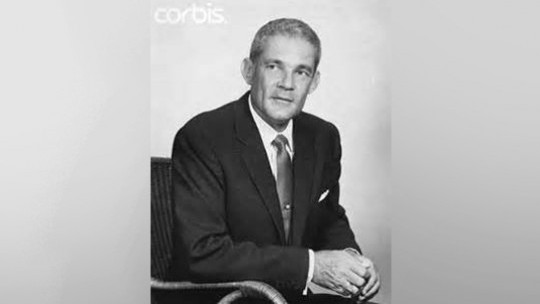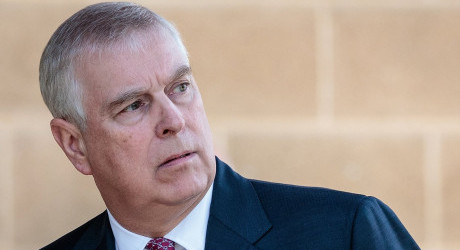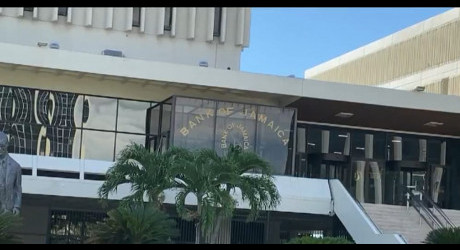.png)
[Click on the arrow above for access to audio]
By Earl Moxam
The current conflict tearing at the fabric of the National Workers Union (NWU) and its smaller partner, the Union of Clerical, Administrative and Supervisory Employees (UCASE), has given occasion for reflection on the history of the NWU and the calibre of leaders that it had in its formative years and for much of its history.
The NWU was established in 1952, upon the disaffiliation of the Trade Union Congress (TUC) from the People’s National Party (PNP). That occurred simultaneously with the expulsion of the “4 Hs” – Ken Hill, Frank Hill, Richard Hart and Arthur Henry – from the PNP. They were casualties of a bitter ideological struggle between moderate socialists and these more radical members, branded Marxists, some of them, who were perceived to be holding back the party’s chances of electoral success.
Ken Hill was President of the TUC, which made its affiliation with the PNP no longer tenable.
Working class power base
The PNP, left without an organized working class power base, particularly in Kingston & St. Andrew, immediately set about establishing a new union - the NWU - to counter the power of the Bustamante Industrial Trade Union (BITU), out of which Alexander Bustamante’s Jamaica Labour Party (JLP) had been formed.
Stalwarts of the PNP, such as Florizel Glasspole (General Secretary of the TUC at the time of the split) and Noel Nethersole, First Vice President of the PNP, were pressed into the leadership of the new union. Nethersole became provisional President, Glasspole, General Secretary, and Ken Sterling (All Island Organiser of the PNP) was appointed Island Supervisor.
Michael Manley's entry
Michael Manley, then 28 years old and newly returned from studies in England, was quickly recruited by the union as well.
Manley, in his book, A Voice at the Workplace (published 1975), recalled that “this was a rough time for the People’s National Party,” with Ken Hill moving quickly to form a political party - the National Labour Party - to challenge the PNP for control of the streets of Kingston.
At the same time, the new trade union was also getting busy, organizing to form new bargaining units and taking some bargaining units away from the TUC. Some of the early conquests included Cable & Wireless Ltd., Bybrook Milk Condensery, Bellevue Hospital and Customs Department.
One of Michael Manley’s own early successes as a union organizer was the representational rights poll at Ariguanabo Textile Mills in St. Catherine, where, in his own words, “the NWU routed both the TUC and the BITU in a success that had a bearing on the future of Jamaica beyond the significance of the immediate contest.”
Looking back
In a 1993 interview, focused on his trade union career, I asked Mr. Manley to recount some elements of this early history, going back to 1938.
Regarding the first five years, after the events of 1952, he recalled that “there was intense union rivalry for membership and for the control of sections.”
Chuckling at the recollection, he admitted “I myself was very much a part of that!”
It was inescapable at the time, he said, stressing “that was a reality that faced me when I became a unionist in 1952.”
But then, he said, “within about five or six years,” he and Hugh Lawson Shearer of the BITU “began to wake up to the fact that this is ridiculous! You’re fighting for membership, fighting each other, and that really the labour movement, as a servant of the workers’ cause, was one movement!”
It was out of this realization, he said, that a process began to end the inter-union rivalry “and build more union cooperation.”
Eventually, he said, he and Hugh Shearer began to represent the interests of both sets of workers in enterprises where there was joint membership “almost as if it was one trade union.”
You may click on the arrow above to access the audio from that excerpt from the 1993 interview.









 All feeds
All feeds







